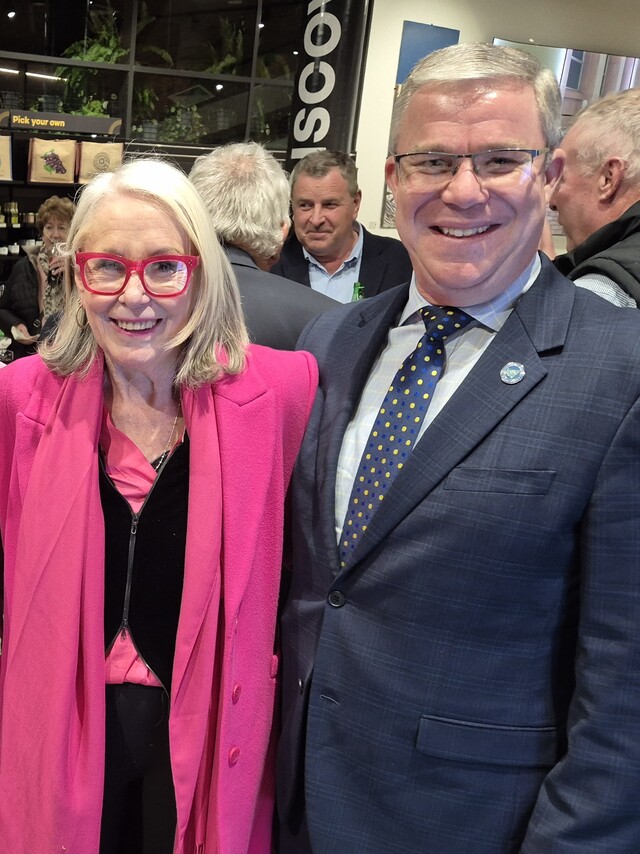President’s comment.
Last year the building blocks were put in place for a number of radical changes for Local Government in Tasmania and this year, the sector will be focused on implementation. LGAT’s role will be to support councils in progressing the changes, assessing the impacts and driving improvements.
The first significant change will be the new statewide Code of Conduct regulations. While the legislation was passed last year, implementation is likely to occur during April and LGAT will work with the State’s Local Government Division and Integrity Commission to ensure good information and advice is provided to elected members on the changed requirements.
Another significant change underway is the development of the Tasmanian Planning Scheme – a single planning scheme for all of Tasmania. The State Government is about to commence the statutory consultation process around the new Draft State Planning Provisions. In parallel, LGAT will be working to understand the triggers for and constraints around local provisions, and provide input into emerging State policies and mechanisms for the assessment of major projects. Land use planning will continue to be a major focus for both LGAT and councils in the months ahead.
We have just had the first steering committee meeting for the targeted review of the Local Government Act following the issuing of terms of reference for the review late last year. The focus will be on governance and a discussion paper on the proposed changes is likely to be available towards the end of April. LGAT is fully engaged with both me, as President, and the Chief Executive Officer participating on the Steering Committee.
Last year, the Minister for Local Government, the Hon Peter Gutwein MP, announced a funding program to support feasibility studies into strategic resource-sharing and voluntary council mergers. Most councils in Tasmania have committed to undertaking feasibility studies of some sort, with a range of proposals on the table. In the South of the State some councils have now secured providers and the process has well and truly commenced. The first results from the modelling exercises should be available mid-year and promise to give us plenty to think about.
As a relatively small Association, it will be key for LGAT to apply smart thinking in relation to the use of resources, prioritise appropriately, look to support from our members and our colleagues interstate and make use of emerging technologies for engagement, consultation and training. We look forward to the challenge.








